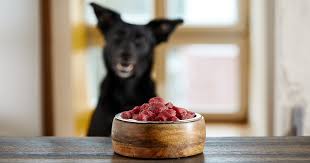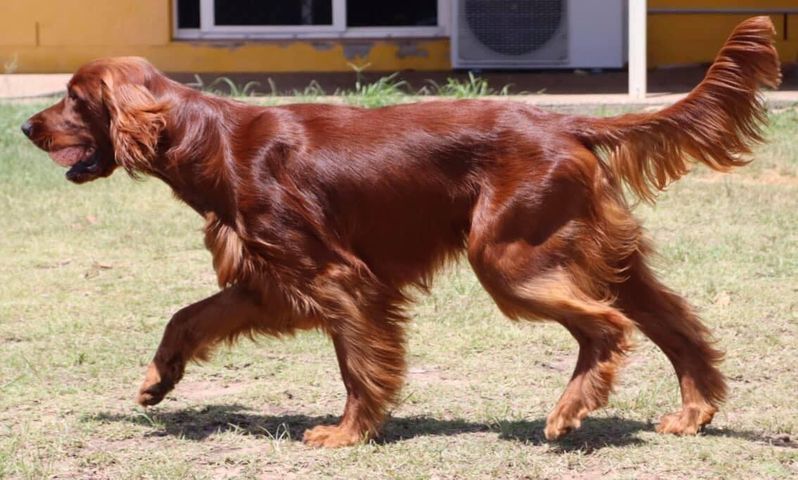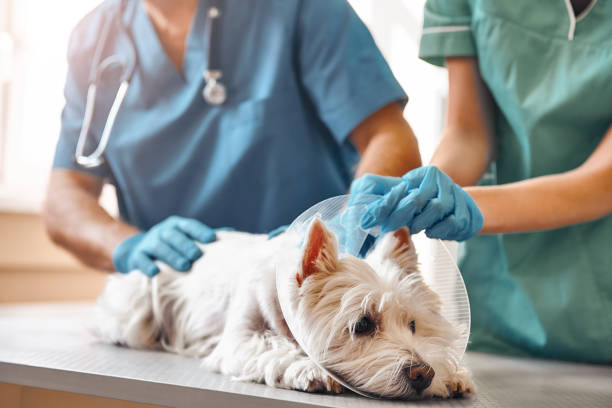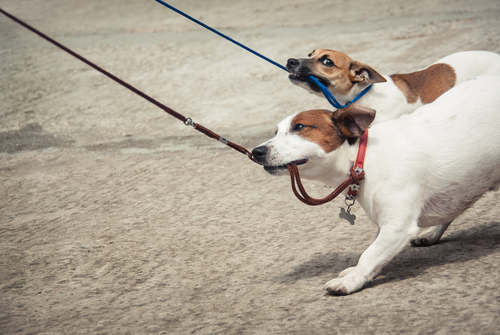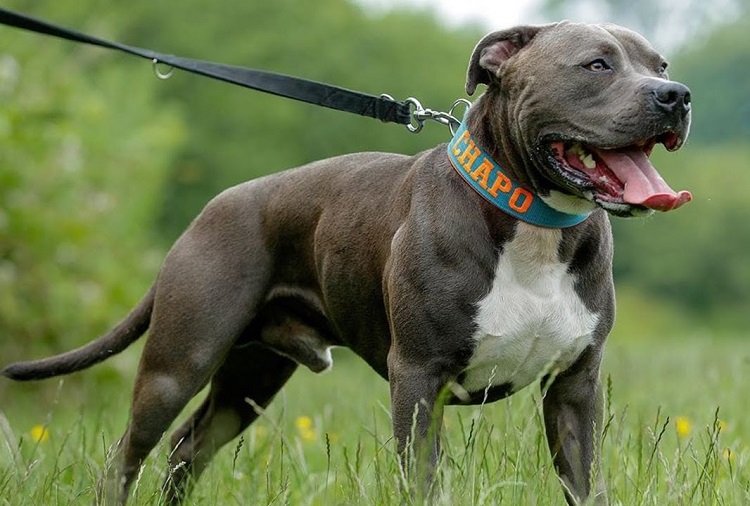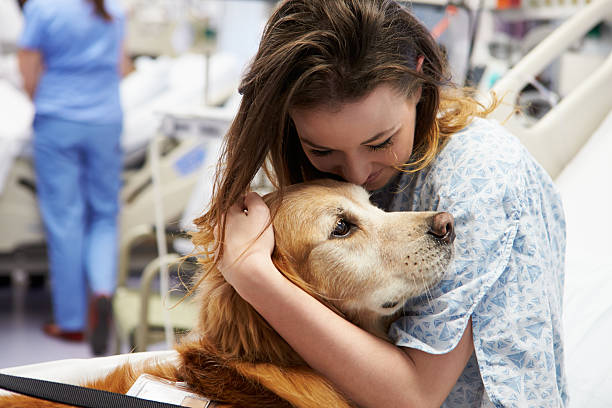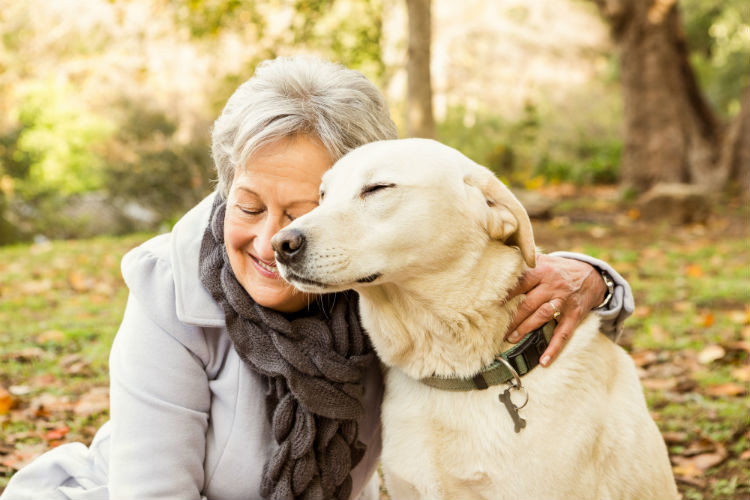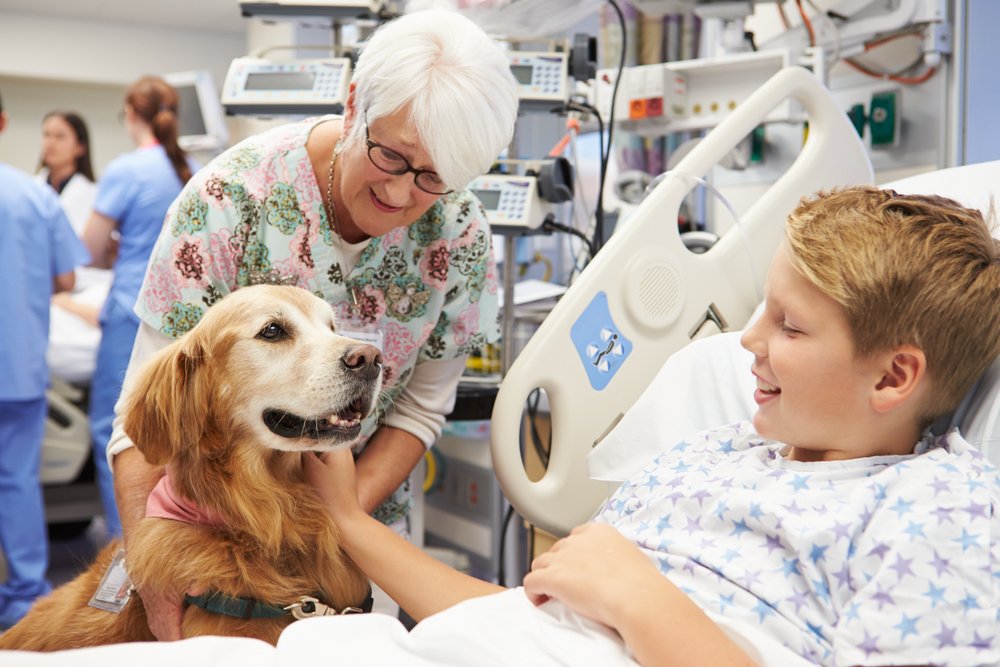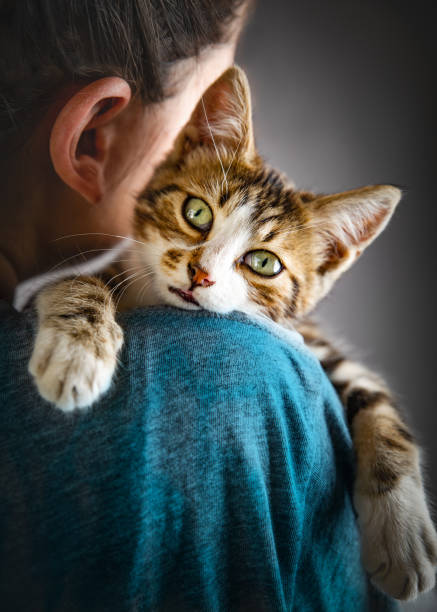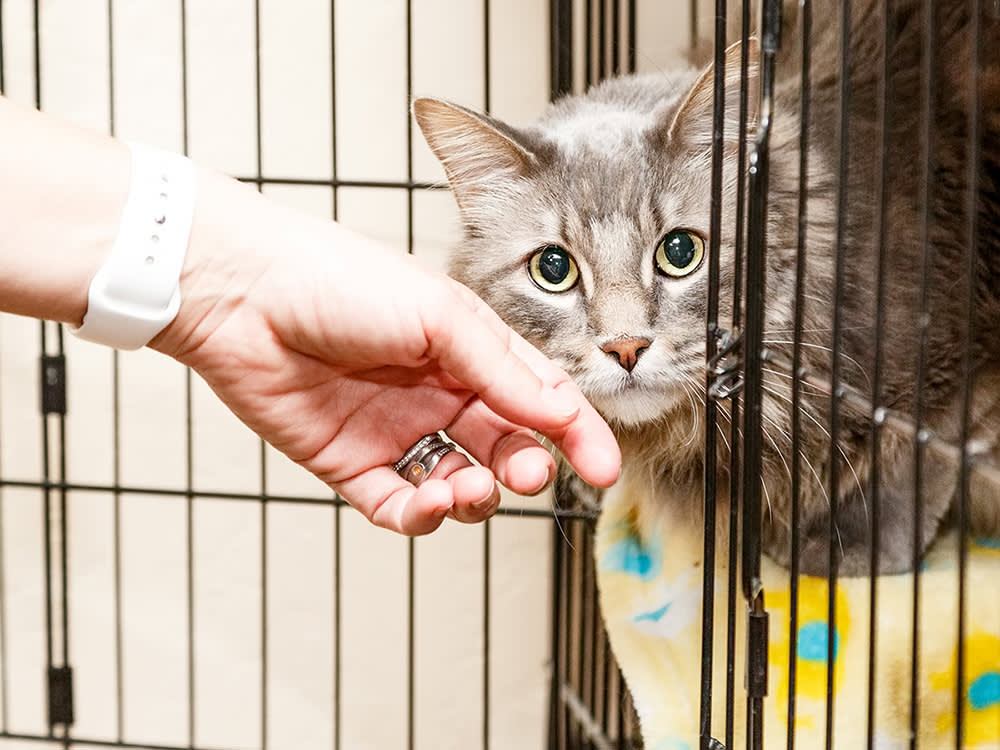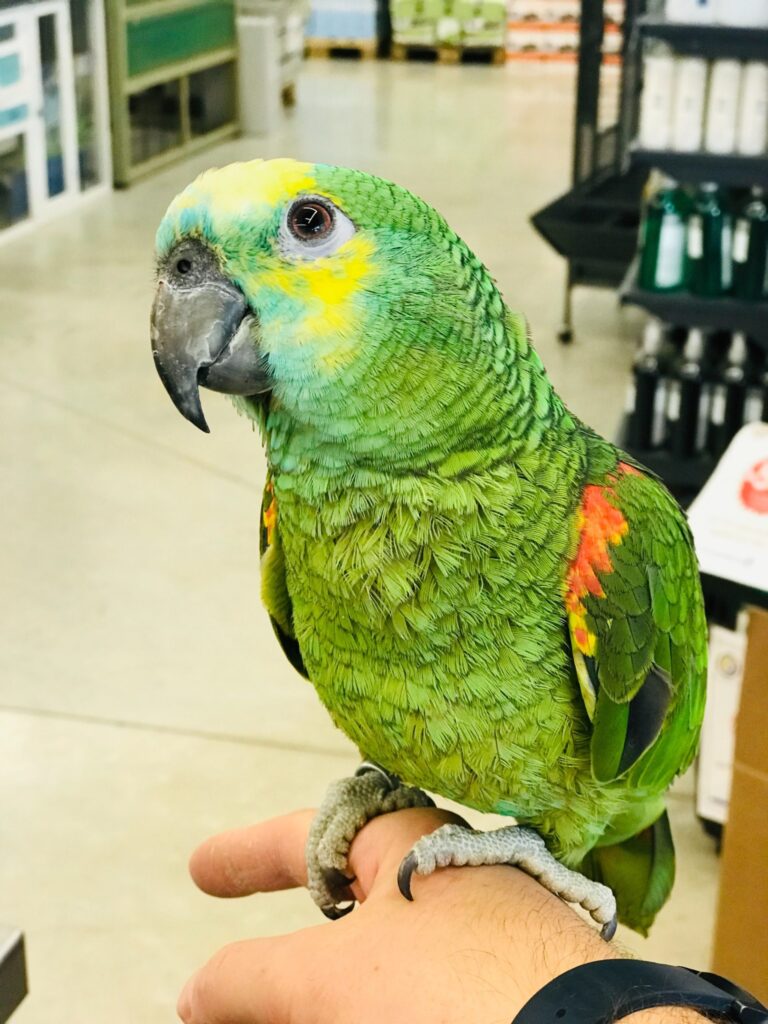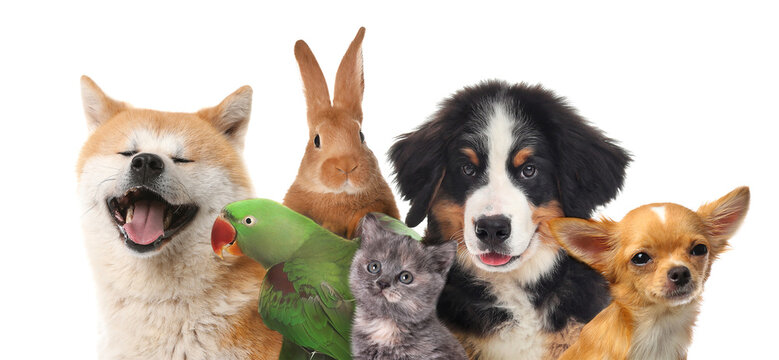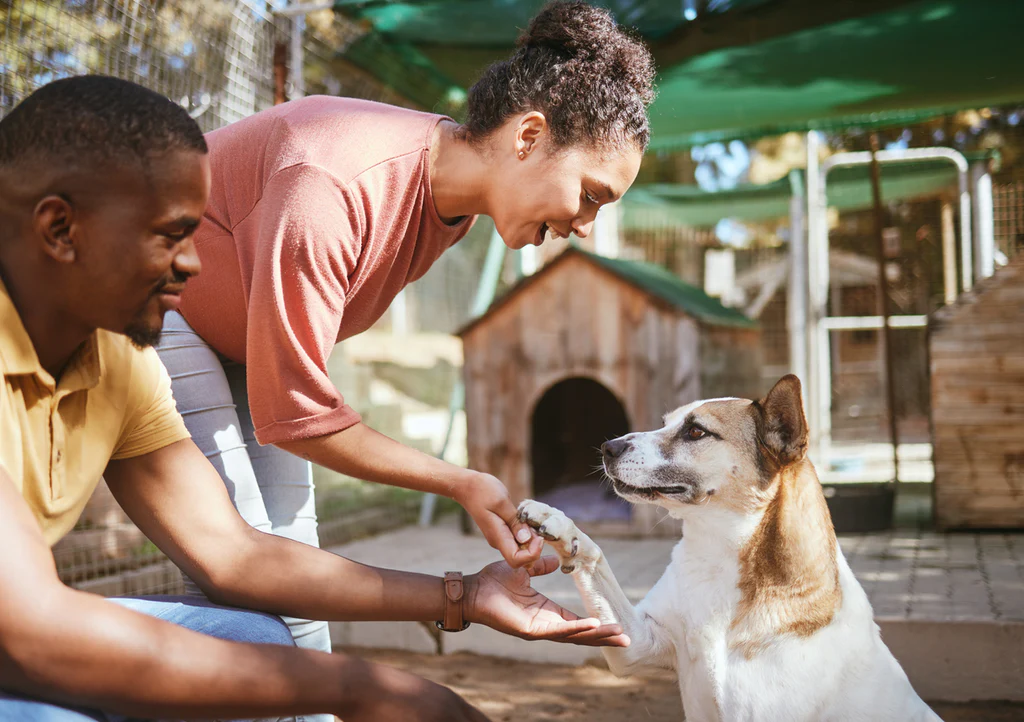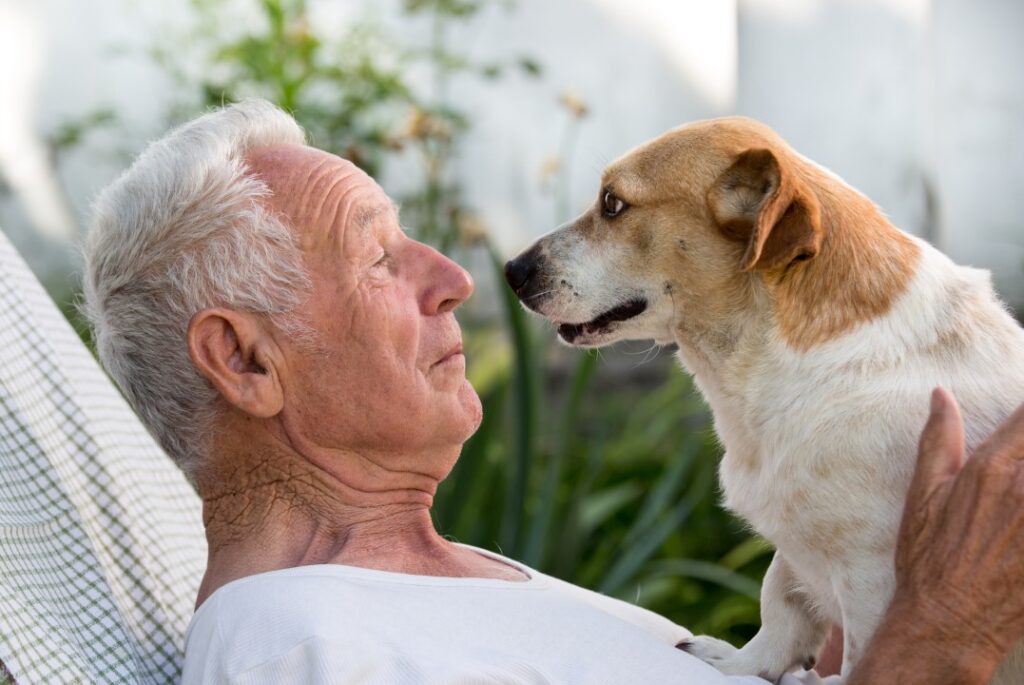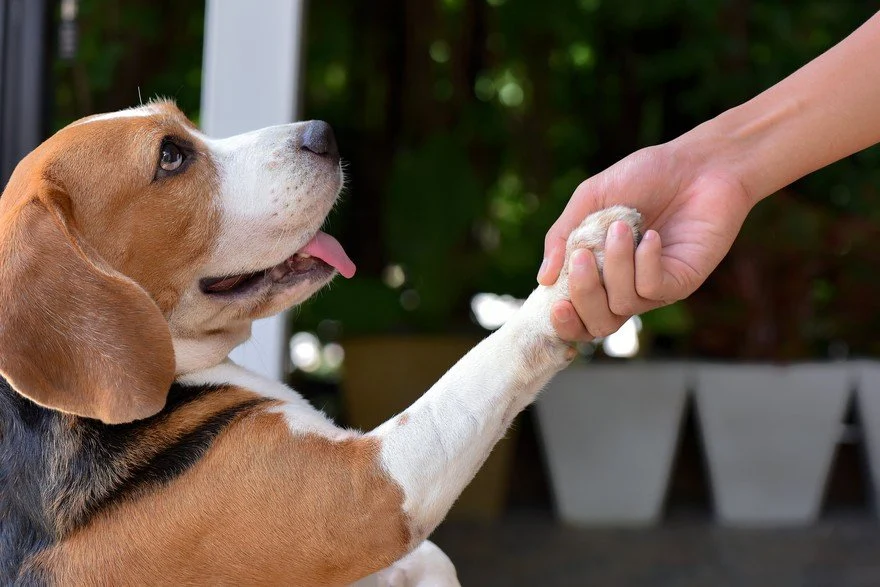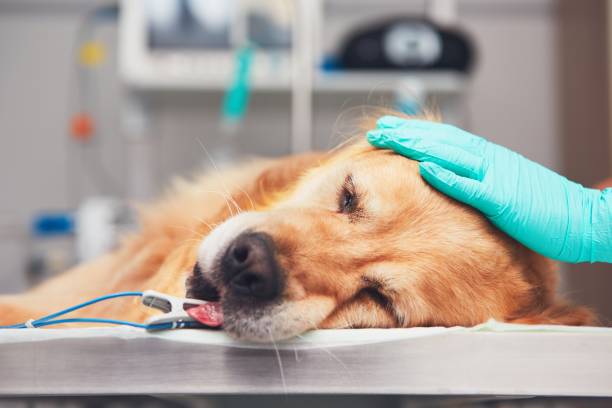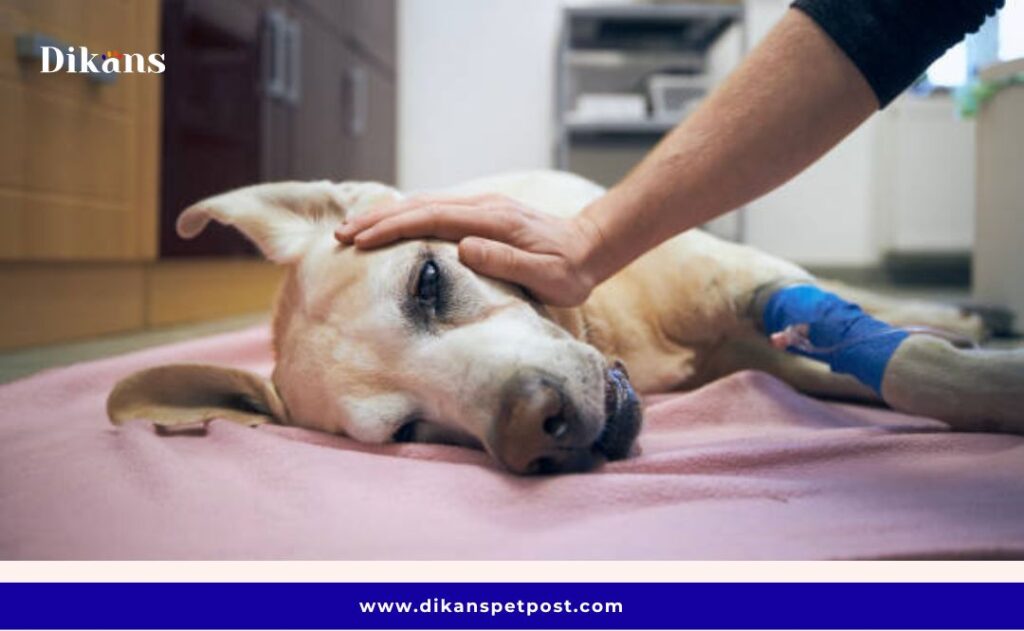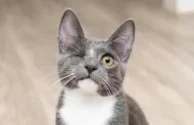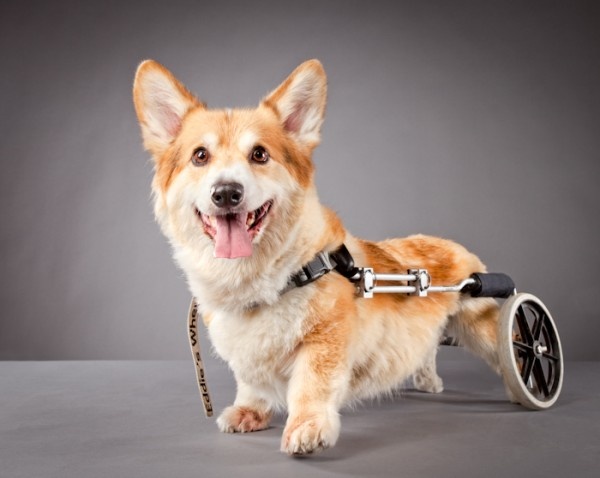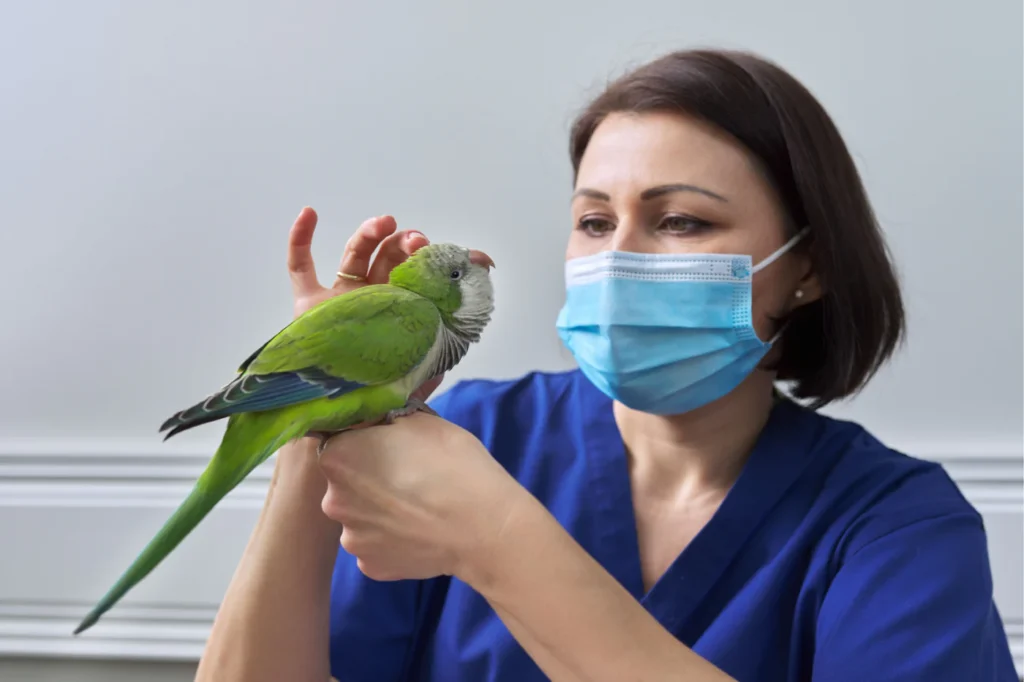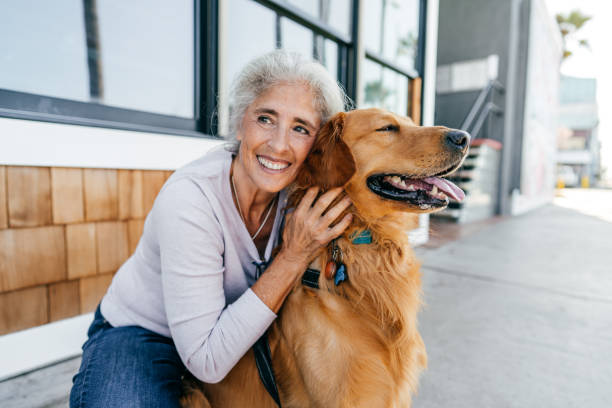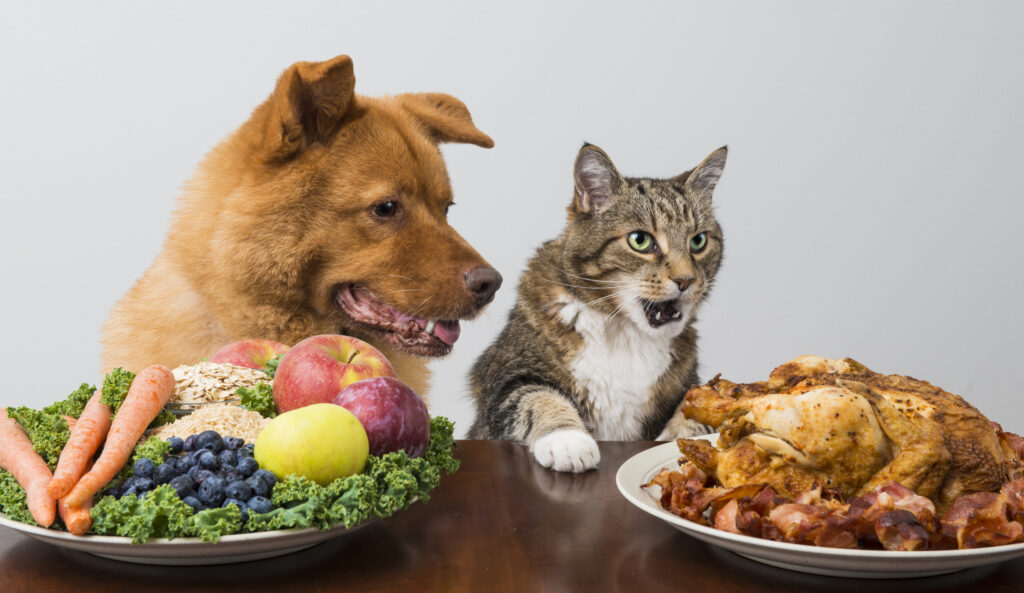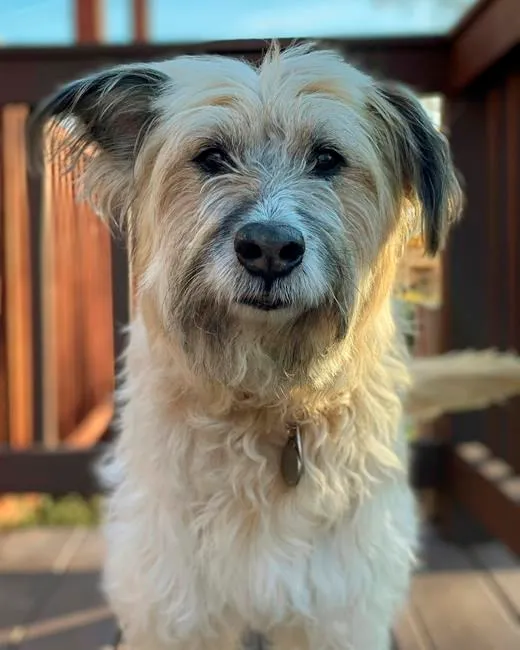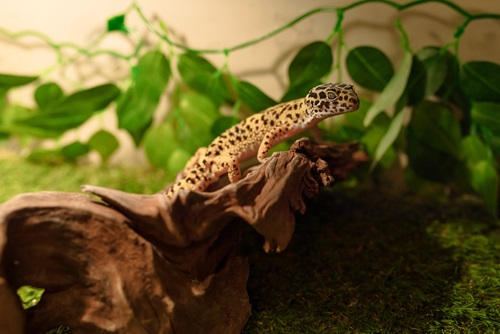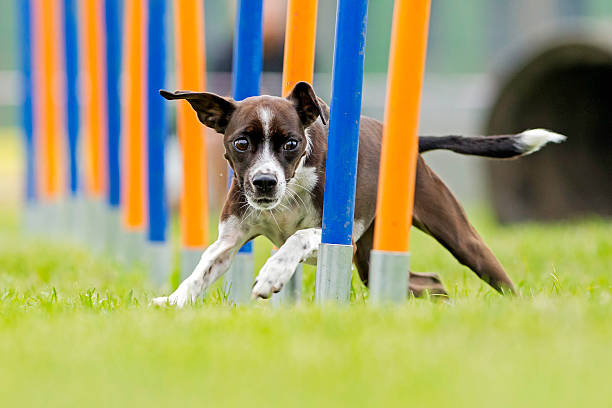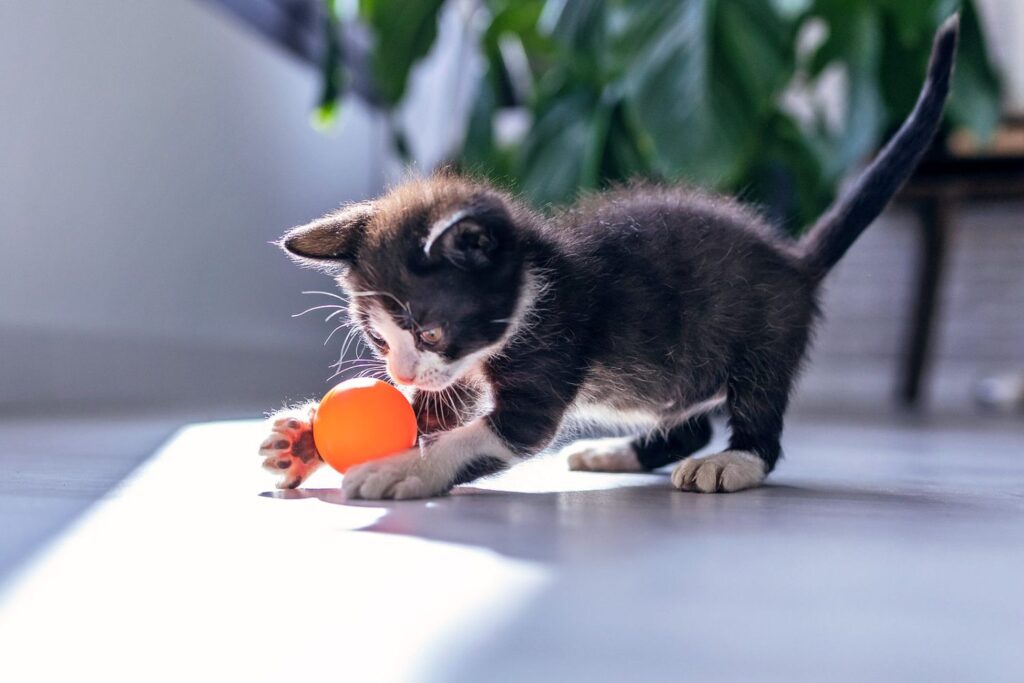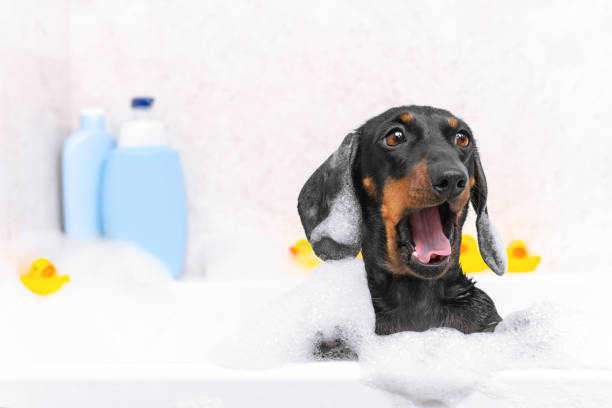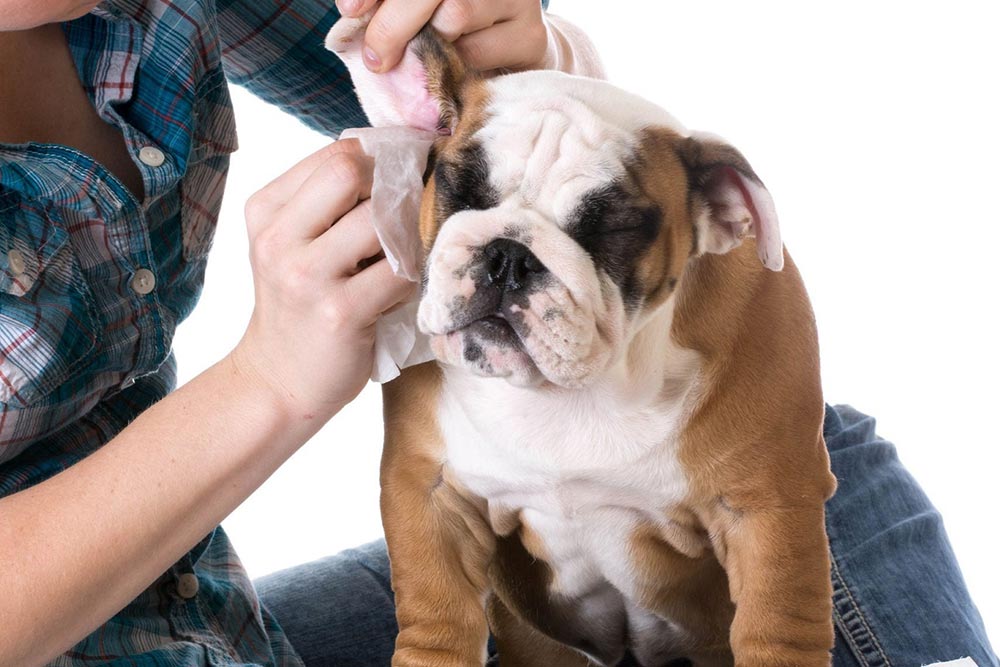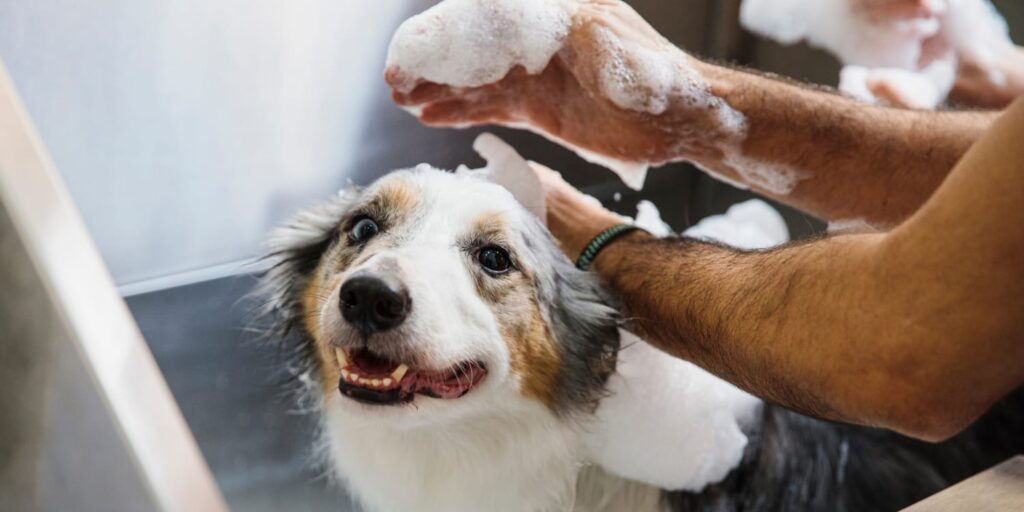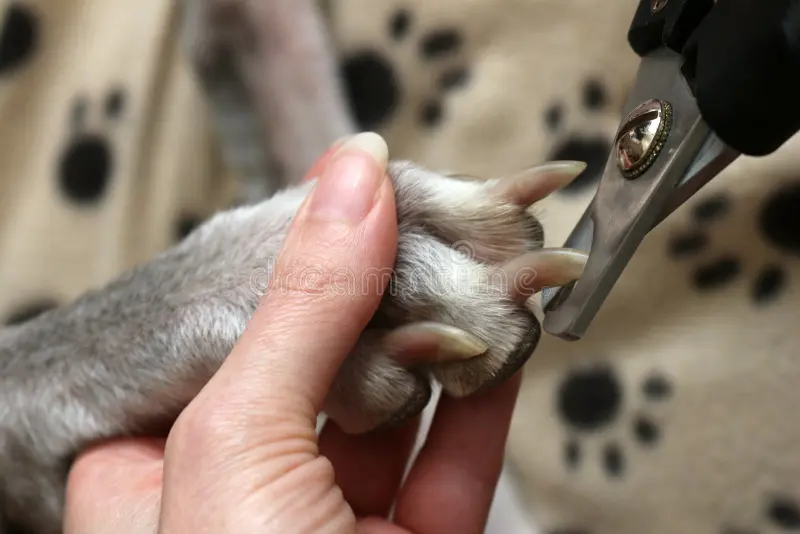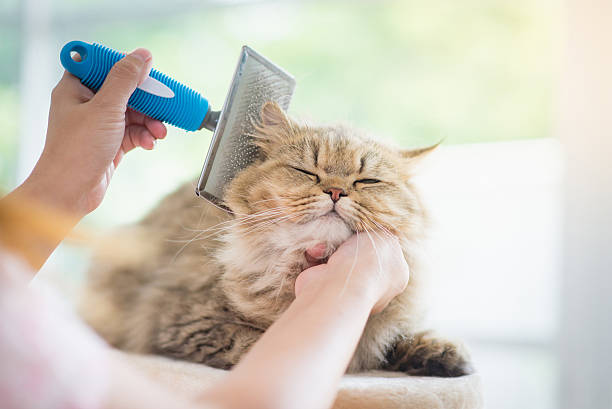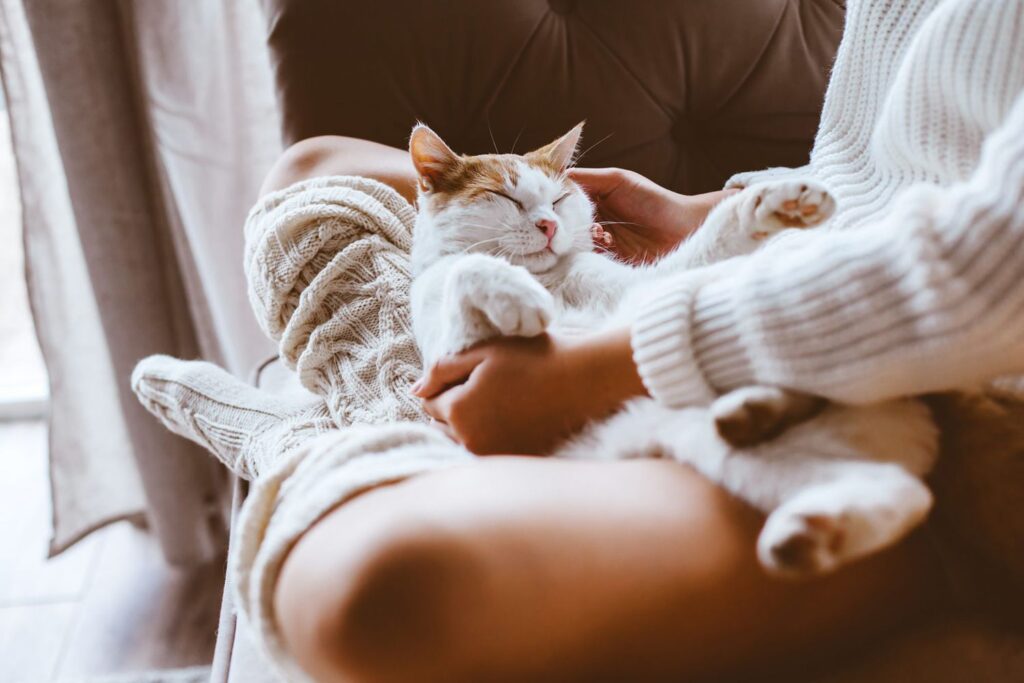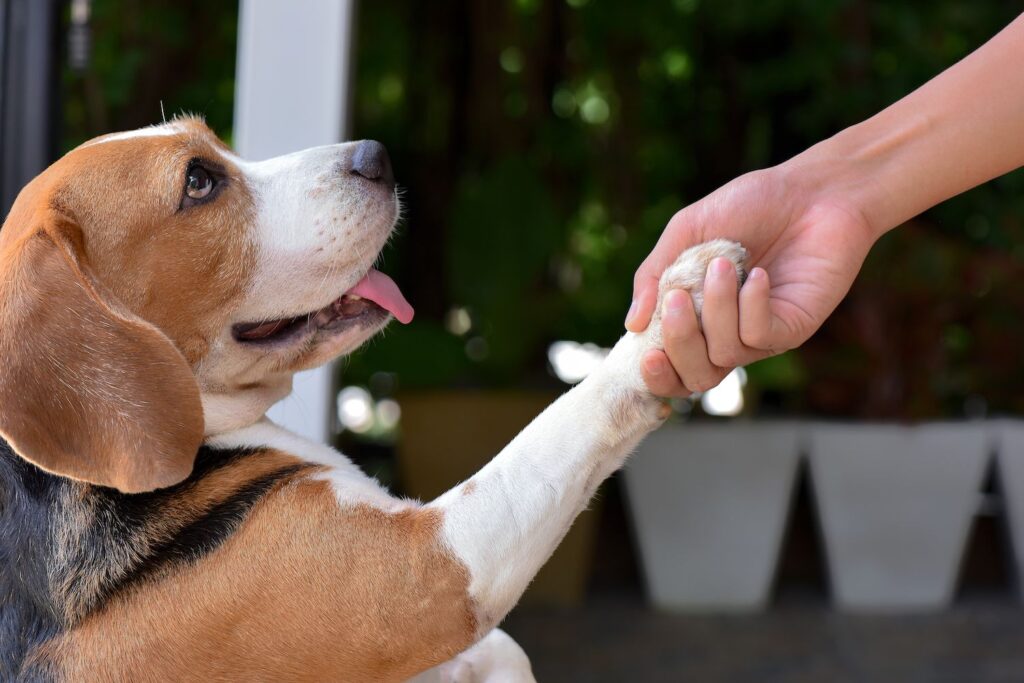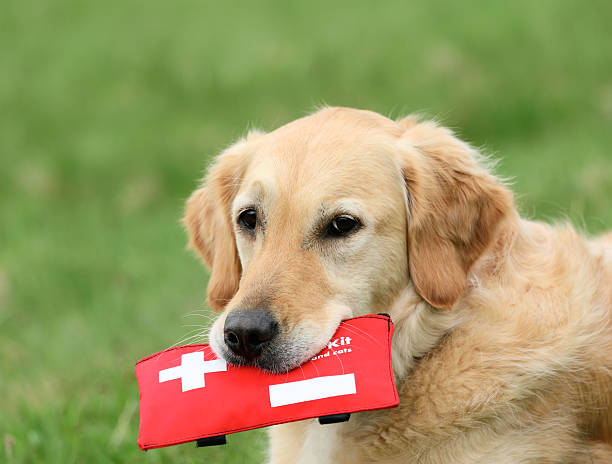Senior Pet Nutrition
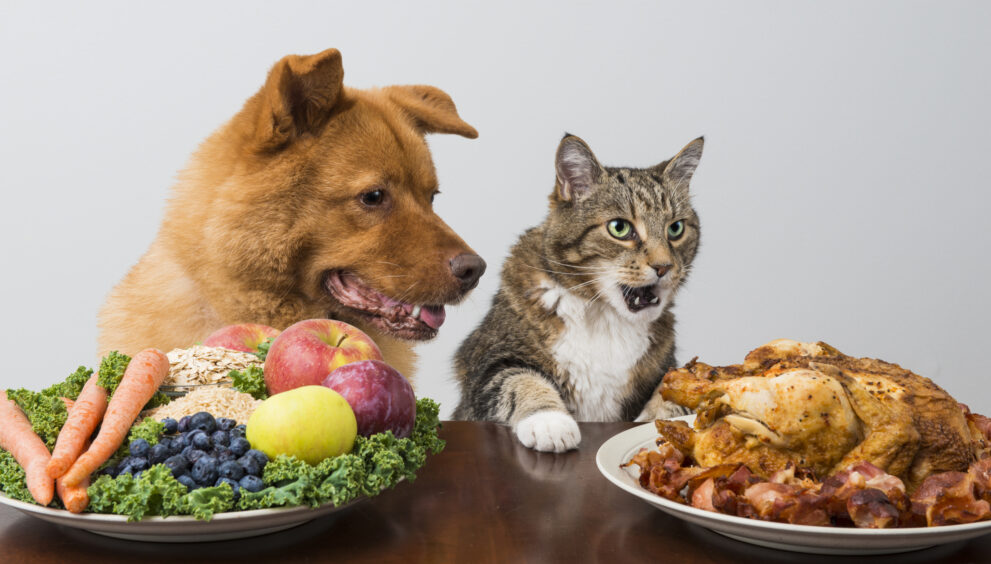
As our pets age, their nutritional needs evolve, requiring adjustments to senior Pet nutrition to support their changing health requirements.
In this article, we will explore essential tips for creating an age-appropriate diet for senior dogs and cats, ensuring they receive the necessary nutrients to maintain their health and vitality in their golden years.
Understanding Senior Pet Nutrition
Nutritional Needs of Senior Pets
Senior pets have unique nutritional needs that differ from those of younger animals. As they age, their metabolism slows down, their activity levels may decrease, and they may be more prone to certain health conditions such as arthritis, kidney disease, and dental issues.
Factors Affecting Senior Pet Nutrition
Several factors can influence the nutritional requirements of senior pets, including their breed, size, weight, overall health status, and any pre-existing medical conditions. It’s essential to consider these factors when designing a diet for an aging dog or cat.
Creating a Diet for Senior Dogs
Protein and Fat Requirements
Protein is essential for maintaining muscle mass and supporting overall health in senior dogs. Go for high-quality protein sources such as lean meats, fish, and eggs, and ensure that your pet’s diet contains adequate fat to provide energy and support skin and coat health.
Joint and Mobility Support
Many senior dogs experience joint pain and mobility issues due to conditions like arthritis. Consider incorporating supplements such as glucosamine and chondroitin into your dog’s diet to promote joint health and reduce inflammation.
Digestive Health Considerations
Senior dogs may be more prone to digestive issues such as constipation, diarrhea, or food sensitivities.
Choose easily digestible foods that are gentle on the stomach and contain fiber to support digestive regularity.
Weight Management Strategies
Maintaining a healthy weight is crucial for senior dogs to prevent obesity-related health issues such as diabetes, heart disease, and joint problems. Monitor your dog’s calorie intake, adjust portion sizes as needed, and encourage regular exercise to help them stay fit and active.
Designing a Diet for Senior Cats
Protein and Fat Content
Protein is essential for senior cats to support muscle mass and provide energy. Choose protein-rich foods that are easily digestible and contain high-quality ingredients to meet your cat’s nutritional needs.
Kidney Health and Hydration
Kidney disease is common in senior cats, so it’s essential to support kidney health by providing adequate hydration and feeding a diet low in phosphorus and sodium.
Consider incorporating wet food into your cat’s diet to increase moisture intake.
Dental Health and Texture
Many senior cats experience dental issues such as tooth decay, gum disease, and tooth loss. Choose soft or wet foods with smaller kibble sizes or pate textures that are easier for senior cats to chew and digest.
Hairball Control and Digestive Support
Senior cats may be more prone to hairballs and digestive issues due to decreased grooming activity or changes in digestion. Select foods that contain fiber and hairball control ingredients to promote digestive health and reduce hairball formation.
Transitioning to a Senior Diet
Gradual Diet Changes
When transitioning your pet to a senior diet, make changes gradually over several days to allow their digestive system to adjust.
Mix small amounts of the new food with their current diet, gradually increasing the proportion of the new food over time.
Monitoring Your Pet’s Response
Pay close attention to your pet’s response to their new diet, including changes in appetite, energy levels, stool quality, and overall health.
If you notice any adverse reactions or signs of discomfort, consult with your veterinarian for guidance and a better approach to Senior Pet Nutrition for your Cat or Dog.
Supplements for Senior Pets
Joint Supplements
Joint supplements containing glucosamine, chondroitin, and MSM can help support joint health and mobility in senior pets with arthritis or joint pain.
Omega-3 Fatty Acids
Omega-3 fatty acids derived from fish oil can help reduce inflammation, support heart health, and promote healthy skin and coat in senior pets.
Digestive Enzymes and Probiotics
Digestive enzymes and probiotics can aid in digestion, improve nutrient absorption, and support gastrointestinal health in senior pets with digestive issues or food sensitivities.
Conclusion On Senior Pet Nutrition
As our pets age, their nutritional needs evolve, requiring adjustments to senior Pet nutrition to support their changing health requirements.
Creating an age-appropriate diet for senior dogs and cats is essential for supporting their health and well-being as they age.
By understanding their unique nutritional needs and making appropriate adjustments to their diet, pet owners can help their furry companions enjoy a happy and healthy life in their golden years.


